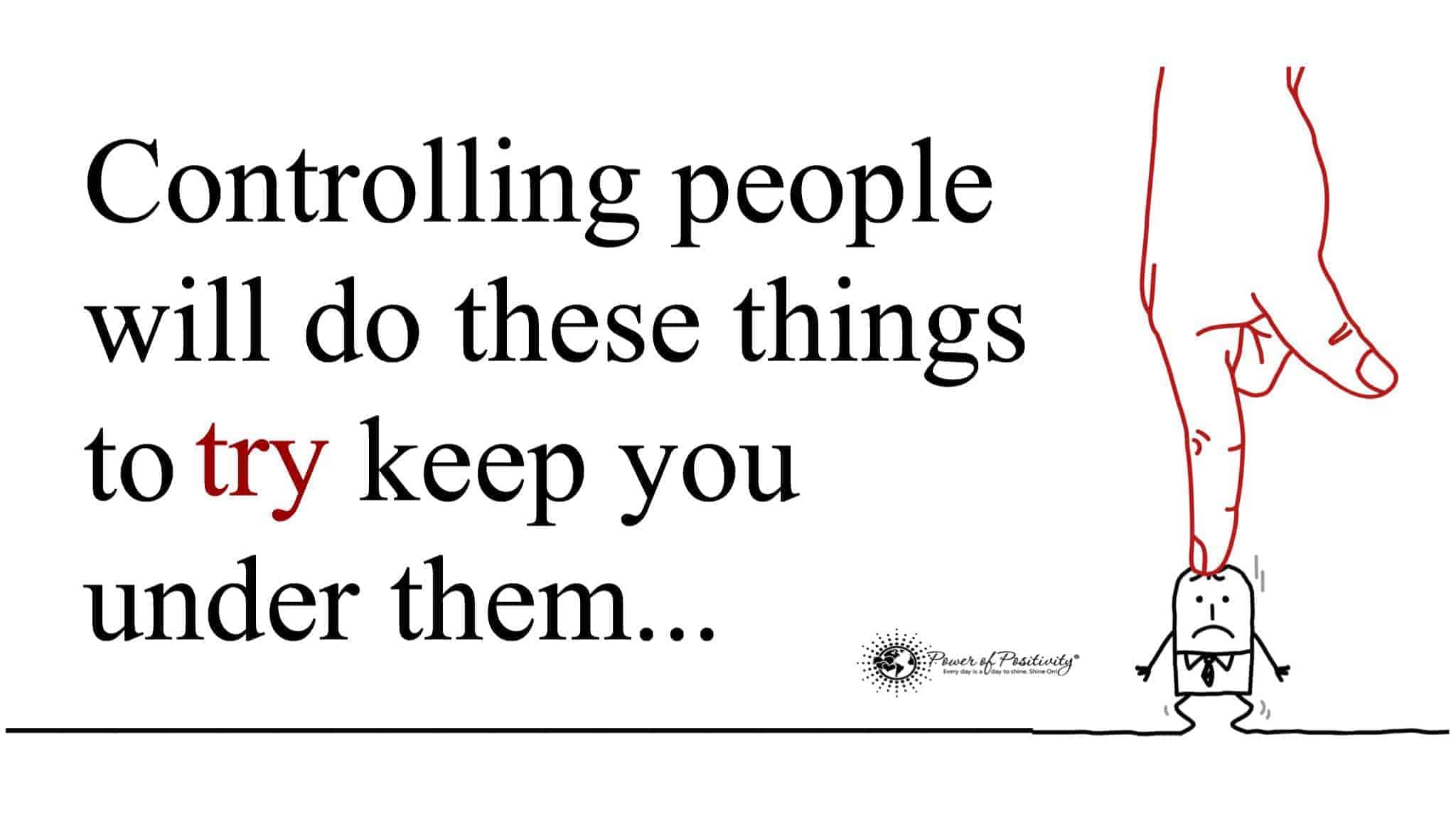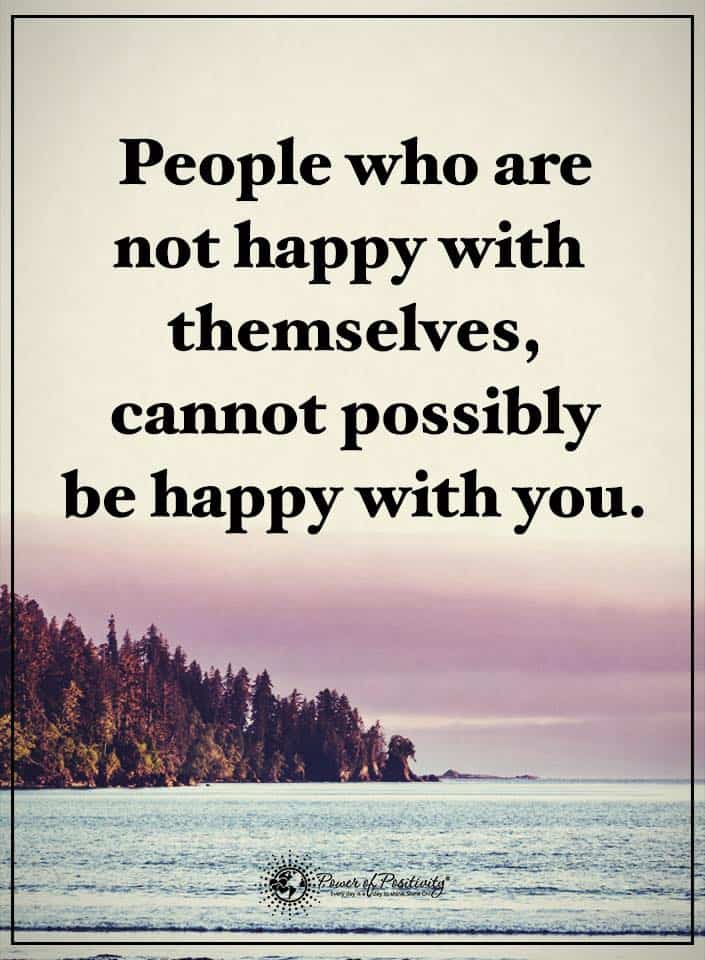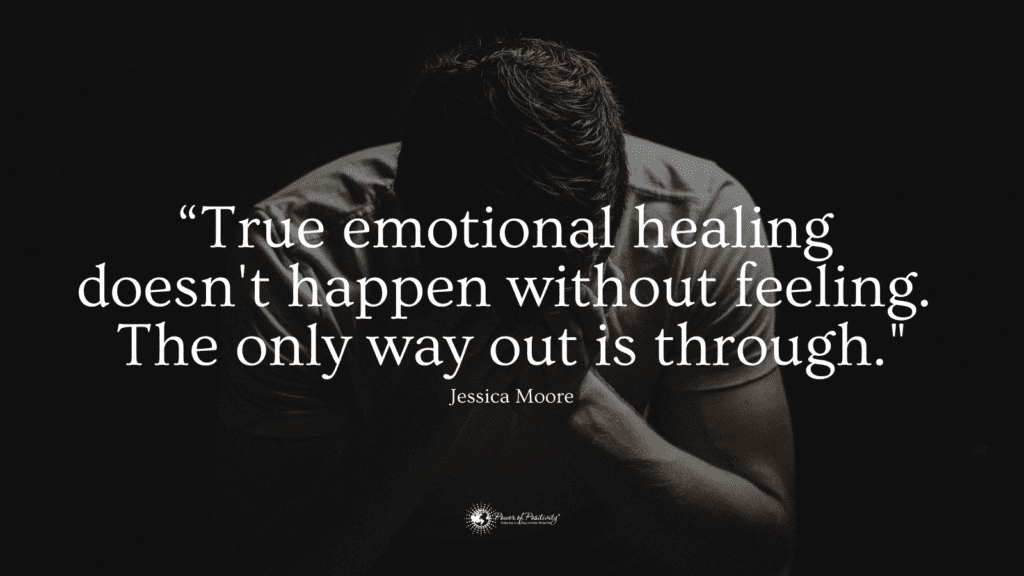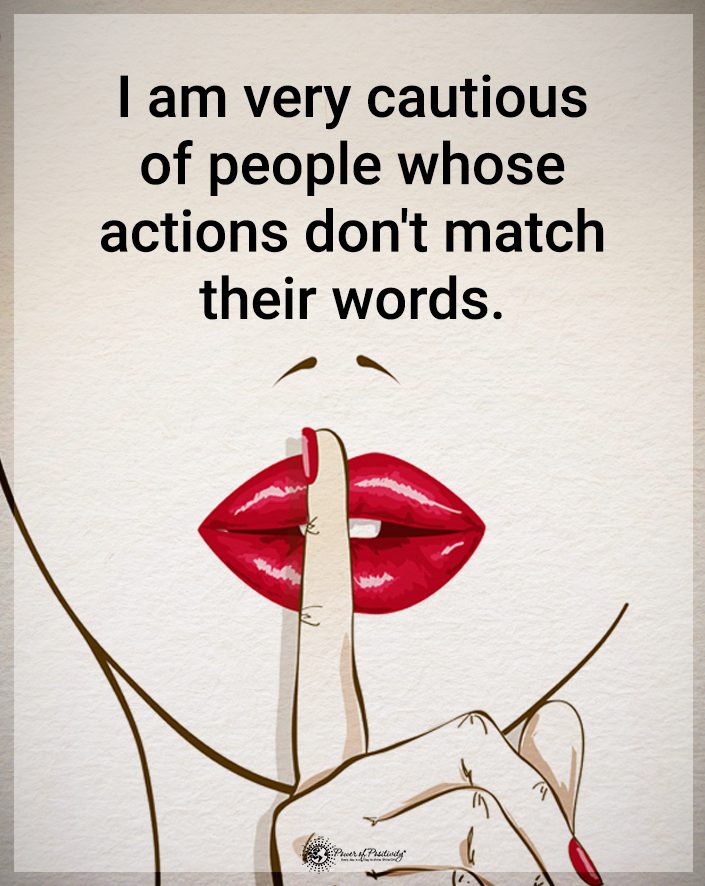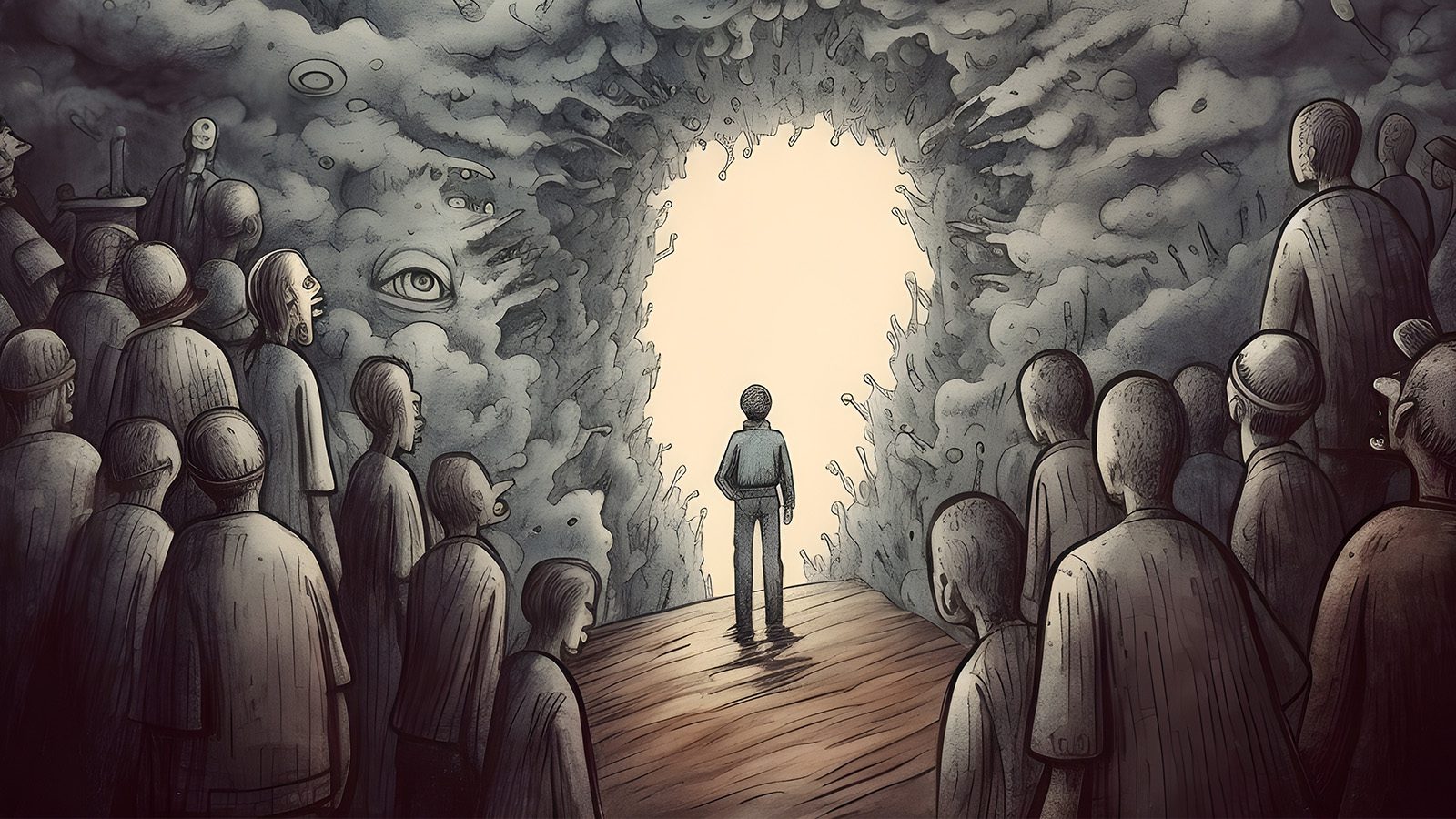Relationships are the cornerstone of our social existence, acting as mirrors that reflect our deepest desires, fears, and aspirations. These are not the strong suits of controlling people.
At their best, our relationships offer solace, companionship, and a sense of belonging.
Yet, as we navigate the intricate maze of human interactions, there are times when we encounter challenges that test the strength of these foundational values. One such challenge is controlling behavior, which can subtly creep into our interactions, casting a shadow over the genuine affection and understanding that once prevailed. Recognizing and addressing this behavior is crucial, as it can erode the very essence of what makes a relationship meaningful and fulfilling.
Why Do Some People Become So Controlling?
Understanding the psychology behind controlling behavior can provide valuable insights into why some individuals exhibit such tendencies. Here are five psychology-based reasons why some people become controlling:
Insecurity and Low Self-Esteem
At the core of many controlling personalities is a deep-seated sense of insecurity. Individuals who feel insecure might use control or other aggressive behaviors as a defense mechanism. They might think they can prevent perceived threats or challenges to their self-worth. By exerting control over others, they can create an illusion of stability and predictability in their lives. That’s how they try to compensate for their internal feelings of inadequacy.
Past Trauma or Abusive Experiences
Traumatic events, especially during formative years, can lead to controlling behaviors in adulthood. For instance, someone who grew up in an unpredictable environment might develop controlling habits to ensure their environment feels safe and predictable. As a result, this behavior can become a protective mechanism against reliving past traumas.
Fear of Abandonment
The fear of being rejected or abandoned can create manipulative people. They believe they can prevent loved ones from leaving their relationships and environments by keeping a tight grip on their relationships and environments. This behavior often stems from past experiences of abandonment or perceived neglect. Thus, it leads the individual to go to great lengths to avoid reliving the pain.
Need for Power and Dominance
Some individuals have a psychological need to feel powerful and dominant over others. This need can arise from various factors, including societal pressures, upbringing, or personal experiences, equating power with respect. For these individuals, controlling others (especially intimate partners) can be a way to validate their self-worth. They may also wield power to establish status within a group or social setting.
Anxiety and the Need for Predictability
Anxiety can manifest in a need for perceived control and order. Individuals with high anxiety levels might become controlling to mitigate their anxious feelings. They believe they can reduce the uncertainty that triggers their anxiety by ensuring that their environment and relationships are structured and predictable.
It’s essential to note that while these reasons can provide insights into controlling behavior, they don’t justify or excuse it. Recognizing the underlying causes can be a starting point for individuals to seek therapy or counseling to address and manage their controlling tendencies.
5 Signs of Controlling Behavior in Relationships
Let’s explore the signs of controlling behavior and how to address them.
1 – Controlling Behaviors Often Include Persistent Criticism
Everyone strives to do their best, especially in relationships that support and uplift each other. However, persistent criticism can cast a shadow over these efforts. When you constantly hear comments like, “That’s good, but it could be better,” or “Why didn’t you do it this way?” it can feel as though your best is never enough. Such remarks can erode self-confidence and create a feeling of perpetual inadequacy. Understanding that everyone operates differently, with unique strengths and approaches, is crucial. Instead of constant critique, relationships should foster an environment that recognizes, appreciates, and celebrates everyone involved.
2 – Manipulation Through Guilt
Emotional manipulation, primarily through guilt, can be subtle yet profoundly damaging. When you hear phrases like, “If you cared about me, you wouldn’t do that,” or “You should know better,” it’s easy to start doubting your decisions and feelings. These manipulative tactics can lead to a cycle of self-blame and second-guessing. A healthy relationship comes from mutual understanding, trust, and compromise. Recognizing when someone uses guilt as a control tool and establishing boundaries that protect your emotional well-being is essential.
3 – A Controlling Person Constantly Questioning Your Choices
In any relationship, mutual respect is foundational. That includes respecting each other’s decisions and choices. However, if you find yourself in a position where every decision is questioned or doubted, it can feel like you’re under constant scrutiny. This behavior can lead to self-doubt and hesitation in making even the most straightforward decisions. Open and honest communication is vital in such situations. Both parties should feel valued, heard, and understood without the fear of judgment or constant interrogation.
4 – Disregarding Your Opinions
Every individual brings a unique perspective to a relationship, and each person should consider and value these diverse viewpoints. If you often feel that your opinions are sidelined, ignored, or belittled, you may start to feel insignificant. In a balanced relationship, both partners should feel that their voices matter. In fact, they know the other person will consider their feelings and perspectives. Of course, a successful relationship demands an environment that encourages open dialogue. It’s essential to treat every person’s opinion with respect and consideration.
5 – Controlling People Shift the Blame When You Stand Up for Yourself
Setting boundaries signals self-respect and self-awareness. However, in controlling relationships, asserting oneself can lead to accusations of change or blame-shifting. Their weapons are cruel comments like, “You’ve changed.” But that’s a trick to deny accountability. Besides that, they make the other person feel guilty for standing up for themselves.
It’s crucial to remember that personal growth, self-awareness, and setting boundaries are positive and necessary changes. In any relationship, it’s essential to prioritize your well-being and ensure you’re in a supportive, understanding, and uplifting environment.
Final Thoughts on Dealing With Controlling People
Recognizing controlling behavior is the first step toward addressing it. If you or someone you know is experiencing these signs, seeking support and prioritizing well-being is essential. Healthy relationships come from mutual respect, understanding, and trust. Always strive for relationships that uplift and empower you.

